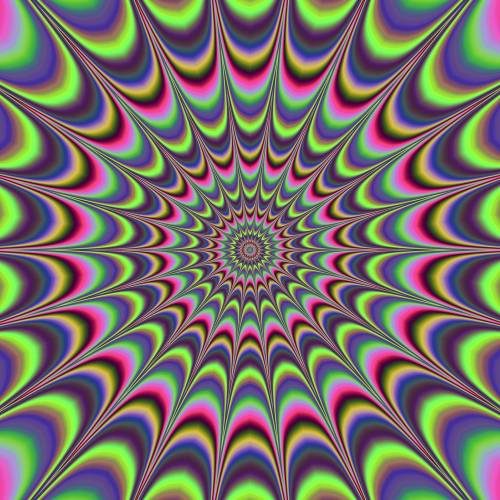LSD study shows psychedelic psychotherapy as potential mental health treatment
Posted: 18 August 2016 | Niamh Louise Marriott, Digital Content Producer | No comments yet
Researchers at Imperial College have studied how the psychedelic substance LSD works in the brain and the effect on speech and language, discovering that…

The consumption of LSD, lysergic acid diethylamide, can produce altered states of consciousness, leading to a loss of boundaries between the self and the environment, as might occur in certain psychiatric illnesses. Researchers at Imperial College have studied how this psychedelic substance works in the brain and the effect on speech and language, discovering how the drug could be used as a mental health treatment.
LSD vs. placebo
In this study, Dr Neiloufar Family, post-doc from the University of Kaiserslautern, investigates the semantic effects of LSD by asking 10 participants to name a sequence of pictures both under placebo and under the effects of LSD, one week apart.
Word association
“Results showed that while LSD does not affect reaction times,” explains Family, “people under LSD made more mistakes that were similar in meaning to the pictures they saw.” For example, when people saw a picture of a car, they would accidentally say ‘bus’ or ‘train’ more often under LSD than under placebo, indicating that LSD effects the mind’s semantic networks and how words and concepts are stored in relation to each other. When LSD makes the network activation stronger, more words from the same family of meanings come to mind.
Potential treatment
These results could lead to a better understanding of the neurobiological basis of semantic network activation. Family explains further, “these findings are relevant for the renewed exploration of psychedelic psychotherapy, which is being developed for depression and other mental illnesses. The effects of LSD on language can result in a cascade of associations that allow quicker access to far away concepts stored in the mind.”
The many potential uses of this class of substances are under scientific debate. “Inducing a hyper-associative state may have implications for the enhancement of creativity,” Family adds as the increase in activation of semantic networks can lead distant or even subconscious thoughts and concepts to come to the surface.
Related topics
LSD
Related conditions
Depression
Related organisations
Imperial College London, University of Kaiserslautern


